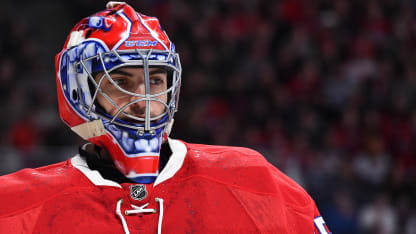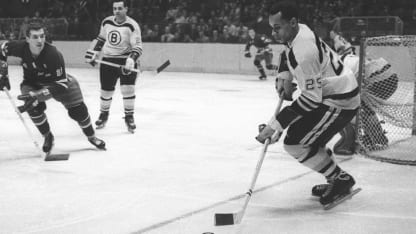It is not a distinction Montoya takes lightly.
"It's everything," Montoya said. "For me, what I do is a privilege. To play this game from where I came from and my background, it's who I am and what I'm made of. Without the sacrifices my family made to get to the United States and put me in hockey, I wouldn't be here. The Cuban background is a huge part of what I am."
Montoya's maternal grandfather, Manuel Silva, was a successful landowner and lawyer in Cuba in 1963 when he was faced with a decision between staying in his homeland and joining the revolution or moving his family to the United States.
He chose the latter, loading his family on a boat and selling strawberries on the sidewalks in Miami before finding work in Chicago, where Montoya was born in 1985.
Montoya, whose full first name is Alvaro, played at the University of Michigan, won the 2004 IIHF World Junior Championship as the starter for the United States and was selected by the New York Rangers with the No. 6 pick in the 2004 NHL Draft.



